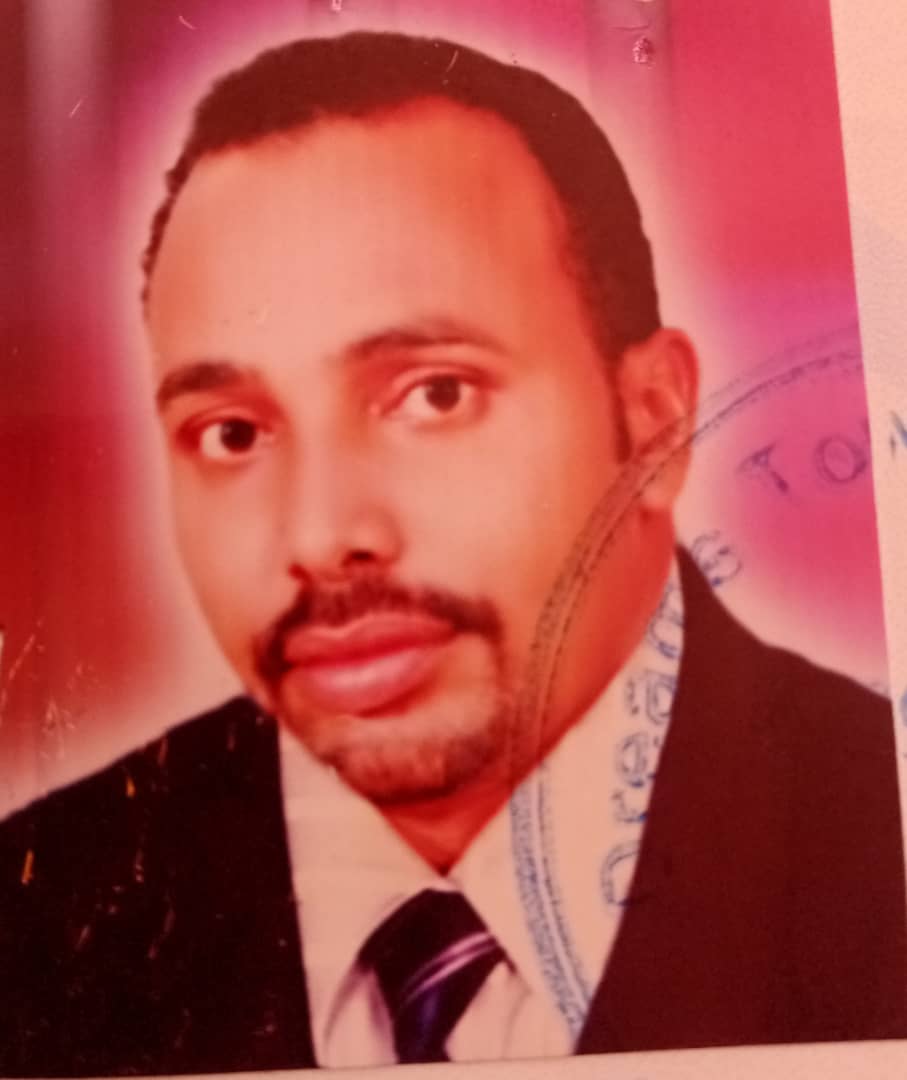We learned in journalism that those who work in this difficult profession are right in everything they report—whether news or information—until proven otherwise. At that point, they bear responsibility for what they write. The difficulties and risks faced by journalists and media professionals, in general, make them extremely cautious about reporting incorrect information or statements. Professional responsibility, conscience, the ethical duty, and the law that regulates their work prevent such errors, given the critical role they play in informing the public and presenting the truth. However, journalists often make important assessments that prioritize these considerations over the pursuit of a news scoop, due to various factors such as the impact of breaking news on national security strategies.
Yesterday, fellow journalist Rashan Oshi, known in the press circles as “Cinderella,” wrote a remarkable yet alarming column. It was remarkable because it investigated and revealed confidential information related to a meeting of the armed struggle movements, demanding qualitative armament and greater representation in the upcoming government than what was outlined in the Juba Peace Agreement. It was alarming because it was not the right time to write about such matters, as the country is still lying in a state of near death, hoping for God’s mercy and the efforts of its loyal citizens. The wounds of war and the blood of martyrs still fill the air, and the country is fighting an existential battle that requires unity and collective efforts, without regard for personal gains.
Following this, statements were issued by Dr. Nour Al-Daem Taha, Assistant to the President of the Sudan Liberation Army Movement. The statements were quickly covered by Sudanese newspaper *Al-Youm Al-Tali* in an attempt to save the image of the armed movements tarnished by the article. Dr. Taha reaffirmed the movements’ commitment to national duty and loyalty to the army, noting that the joint forces are part of the people, and that the people’s current battle is to defeat the rebellion and purge the country of mercenaries.
He also stressed that the Juba Peace Agreement remains a cornerstone of this phase, and there is no disagreement between its parties. He added that they are most keen on integrating their forces into the army, and the joint forces will not become a dagger in Sudan’s back. Taha emphasized that their allegiance lies solely with the people, and that elections should decide power-sharing after defeating the rebels. This statement was overall positive, silencing speculation about the allegiance of these forces or their support for national causes. However, it did not directly deny the accusations mentioned in Rashan’s column, nor has there been any clarification or denial from the movements up to the time of writing this column.
Thus, clarification from the movements remains necessary concerning the meeting, which can be interpreted as an attempt to enhance their influence in the transitional government. This is something the Sudanese people reject, as they aspire for a government of national technocrats, not one formed through the spoils of war. Such an approach could tarnish the political process and turn it into a reward for those who supported the army during the national duty war. This raises significant concerns about repeating the experience of the Rapid Support Forces (RSF), which could undermine political and security stability. Therefore, the army must expedite security arrangements that incorporate these forces into the Sudanese armed forces, ensuring that no armed force exists outside the military’s control, and that official positions are obtained only through elections.
Additionally, it should be understood by all, as proven by experience, that the Darfur region cannot be governed by any tribe alone, independent of the army and regular forces. This is one of the pillars preventing the disintegration of the region. We should also acknowledge that the Juba Agreement has reached its time limit, requiring the armed movements to transition into political parties or align themselves with compatible parties. After the war, there must be a new alignment and fresh arrangements in accordance with the law governing the political process.
Thus, it is more prudent not to touch upon such topics during the ongoing battle, as they disrupt unity and misdirect efforts. Observers note that, despite their clear support for the army on several fronts, the movements understand that the battle for Al-Fashir is their existential fight, as they are defending their land and areas of influence. The fall of Darfur means the fall of all of them, and perhaps even the dominance of the militias over the entire region. Consequently, they are focused on their existential battle and are not paying attention to other conflicts.
Moreover, thousands of Sudanese are currently fighting alongside the army in various battlefields, outnumbering the forces of the armed movements. Yet, we have not heard a single voice among them demanding spoils or a share of power. Even the Islamists, who are offering their best youth in this battle, have said they will return to their private affairs once the war is over. However, no one can deny them the right to political participation, and they are waiting to return to power through elections, without extortion or bargaining.
Thus, the face of truth remains in emphasizing that the Sudanese people reject all forms of strife and blackmail, regardless of their source. They also call for moving beyond the futile and unproductive power struggle that has led the country into a breakdown of security, disputes, and rumors aimed at driving a wedge between the army and the armed struggle movements that have consistently supported the Sudanese people’s quest for security and the protection of national and community peace. This unique solidarity among all Sudanese, regardless of their affiliations, stands firmly against the aggressor militia and its political and international supporters. Otherwise, we might end up like a body lying in state, awaiting burial, while the heirs scramble over the inheritance.
Best regards,
Sunday, October 20, 2024
Shglawi55@gmail.com
—





